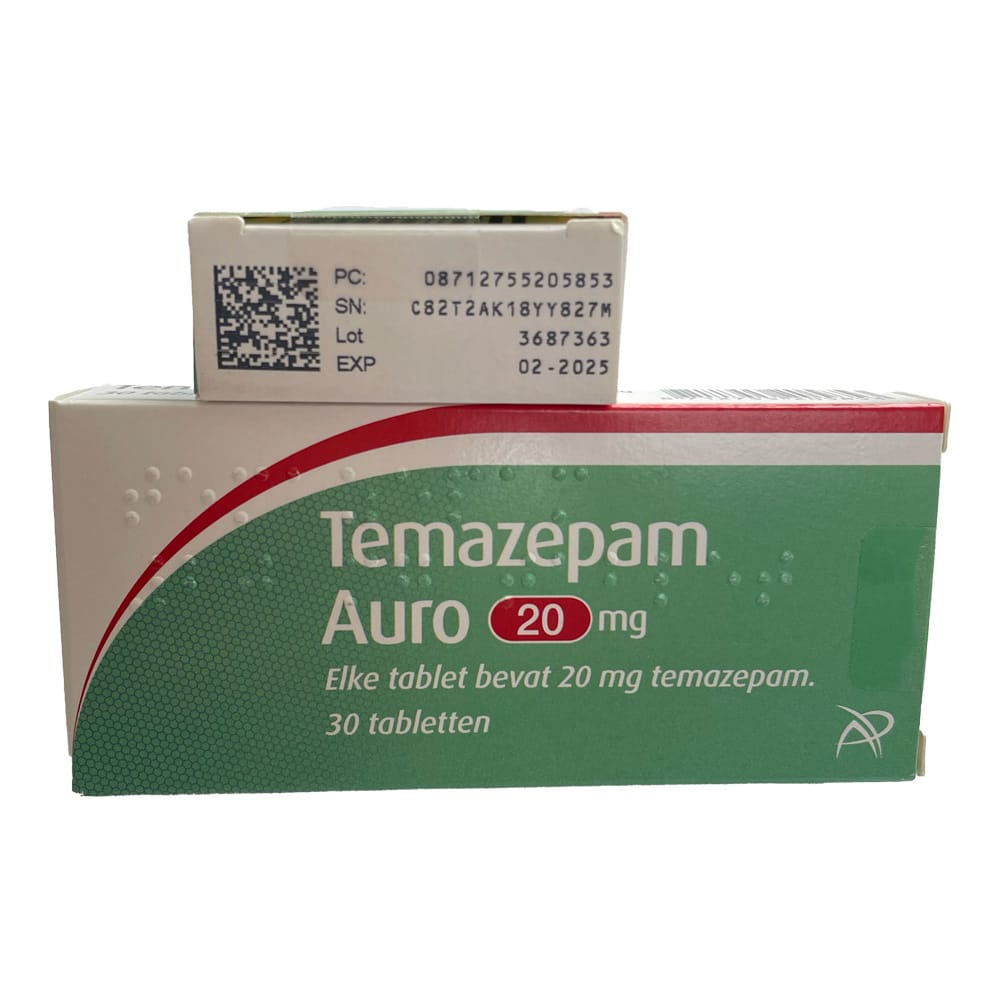Effective Sleep Problems Medications for a Restful Evening's Rest
Sleep problems postures a significant obstacle for many people, commonly bring about a decline in general health. A selection of medications, both prescription and over the counter, exist to resolve this pervasive concern, ranging from conventional sedative-hypnotics to more modern choices. The performance and safety and security of these alternatives can vary greatly among people. Recognizing the subtleties of each type, in addition to the potential dangers entailed, is crucial for making notified decisions about treatment. This expedition will uncover one of the most appropriate options and considerations to ensure a genuinely restorative night's rest.
Kinds Of Sleeping Disorders Medications
Many sorts of medications are readily available to address sleeping disorders, each developed to target particular elements of sleep disruption. Largely, insomnia medications can be categorized into two major teams: sedative-hypnotics and non-sedative options.
Sedative-hypnotics, which include benzodiazepines and non-benzodiazepine sleep aids, are generally prescribed to induce rest. Benzodiazepines, such as diazepam and lorazepam, work by improving the effects of the natural chemical gamma-aminobutyric acid (GABA), bring about boosted sedation. Non-benzodiazepine medicines, like zolpidem and eszopiclone, are designed to provide a quicker onset of sleep with potentially less adverse effects and a reduced danger of dependence compared to standard benzodiazepines.
On the various other hand, non-sedative options consist of medicines like melatonin receptor agonists, which imitate the all-natural hormone melatonin, and particular antidepressants that possess sedative properties. These options may be much more appropriate for individuals with existing side-by-side mood conditions or those who favor to stay clear of typical rest drugs.

Usual Prescription Choices
Numerous usual prescription options are readily available for dealing with sleep problems, each with distinctive mechanisms and results. Benzodiazepines, such as temazepam and lorazepam, are commonly suggested for their sedative residential properties. They enhance the results of the natural chemical gamma-aminobutyric acid (GABA), advertising leisure and rest beginning. Nonetheless, their lasting usage is usually inhibited as a result of risks of dependence and resistance.
Non-benzodiazepine hypnotics, including zolpidem and eszopiclone, are chosen alternatives. These drugs target details receptors in the brain, resulting in quicker beginning of sleep with a lowered danger of dependence contrasted to benzodiazepines. However, they may still trigger negative effects such as dizziness or cognitive disability.
Melatonin receptor agonists, such as ramelteon, deal one more alternative by resembling the action of melatonin, a hormonal agent that regulates sleep-wake cycles. This course of drug is non-habit forming and is especially useful for individuals with circadian rhythm problems.
Last but not least, particular antidepressants, including trazodone and amitriptyline, might be recommended off-label for sleep problems as a result of their sedative effects. Each of these options should be gone over with a health care service provider to figure out one of the most suitable treatment based on private needs and potential side impacts.
Over-the-Counter Solutions
Over-the-counter (OTC) options for sleeping disorders are often looked for by individuals looking for alternatives to prescription medicines. These treatments frequently contain active ingredients that advertise relaxation and aid rest onset.
An additional prominent OTC option is melatonin, a hormone normally created by the body that manages the sleep-wake cycle. Melatonin supplements can be Continue particularly efficient for those experiencing jet lag or shift work-related sleep disruptions. They are generally well-tolerated, although the ideal dose can differ amongst individuals.
It is vital for customers to consult with health care professionals prior to utilizing any kind of OTC insomnia medicine to ensure safety and prevent communications with various other drugs. Eventually, while OTC services can be advantageous, they must be used thoughtfully and as component of an extensive approach to rest health and wellness.
Natural Treatments and Alternatives
The quest of peaceful rest has actually led many people to check out all-natural treatments and choices that might supply remedy for insomnia. Different options, frequently originated from typical practices and all natural approaches, have gotten popularity among those seeking non-pharmaceutical interventions.
Organic supplements such as valerian passionflower, chamomile, and origin are regularly utilized for their calming residential properties. Valerian origin, particularly, has actually been studied for its possible to improve sleep high quality and reduce the moment it takes to drop off to sleep. Chamomile, generally consumed as a tea, is renowned for its light sedative impacts, making it a reassuring selection for evening relaxation.
In addition, way of living alterations can dramatically affect rest top quality. Practices such as yoga exercise and reflection advertise relaxation and lower stress, potentially reducing go to website sleeping disorders signs and symptoms. Aromatherapy, using essential oils like lavender and bergamot, is an additional avenue that some people find beneficial in producing a comforting sleep atmosphere.
While these natural remedies may give relief, it is necessary to approach them with recognition and speak with a health care specialist, specifically when integrating with various other treatments. Each person's feedback might differ, stressing the value of personalized strategies for attaining restorative sleep.
Tips for Safe Usage
When considering using sleeping disorders medicines, it is critical to prioritize safety and security to reduce possible dangers and improve effectiveness. First, get in touch with a medical care professional to discuss your details sleep problems, existing clinical conditions, and any kind of various other medicines you may be taking. This can aid identify the most proper medicine and dosage for your demands.
Second of all, adhere purely to the suggested dosage and timing. Overuse or abuse can cause dependency or damaging side results. It is likewise a good idea to prevent mixing sleep problems drugs with alcohol or entertainment medications, as this can significantly raise the risk of unsafe communications.

Conclusion


Sedative-hypnotics, which include benzodiazepines and non-benzodiazepine rest aids, are frequently recommended to induce rest. Non-benzodiazepine medicines, like zolpidem and eszopiclone, are made to Get More Info offer a quicker start of rest with possibly fewer side impacts and a reduced risk of reliance compared to traditional benzodiazepines.
These drugs target certain receptors in the brain, leading to quicker onset of sleep with a decreased danger of dependency compared to benzodiazepines. Seek advice from a health care expert to review your details sleep issues, existing medical problems, and any kind of various other medications you may be taking.Furthermore, check your rest patterns and side impacts carefully.